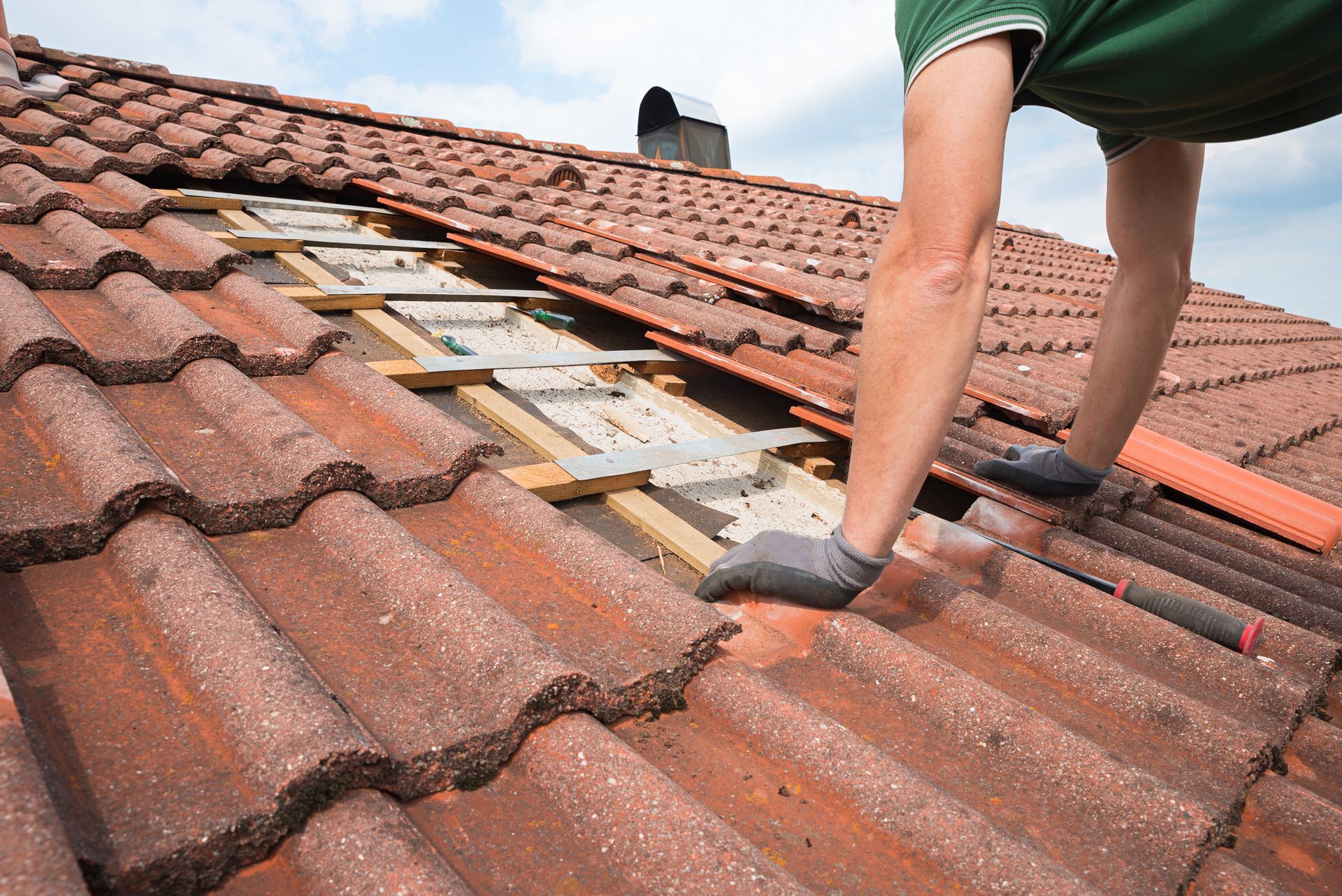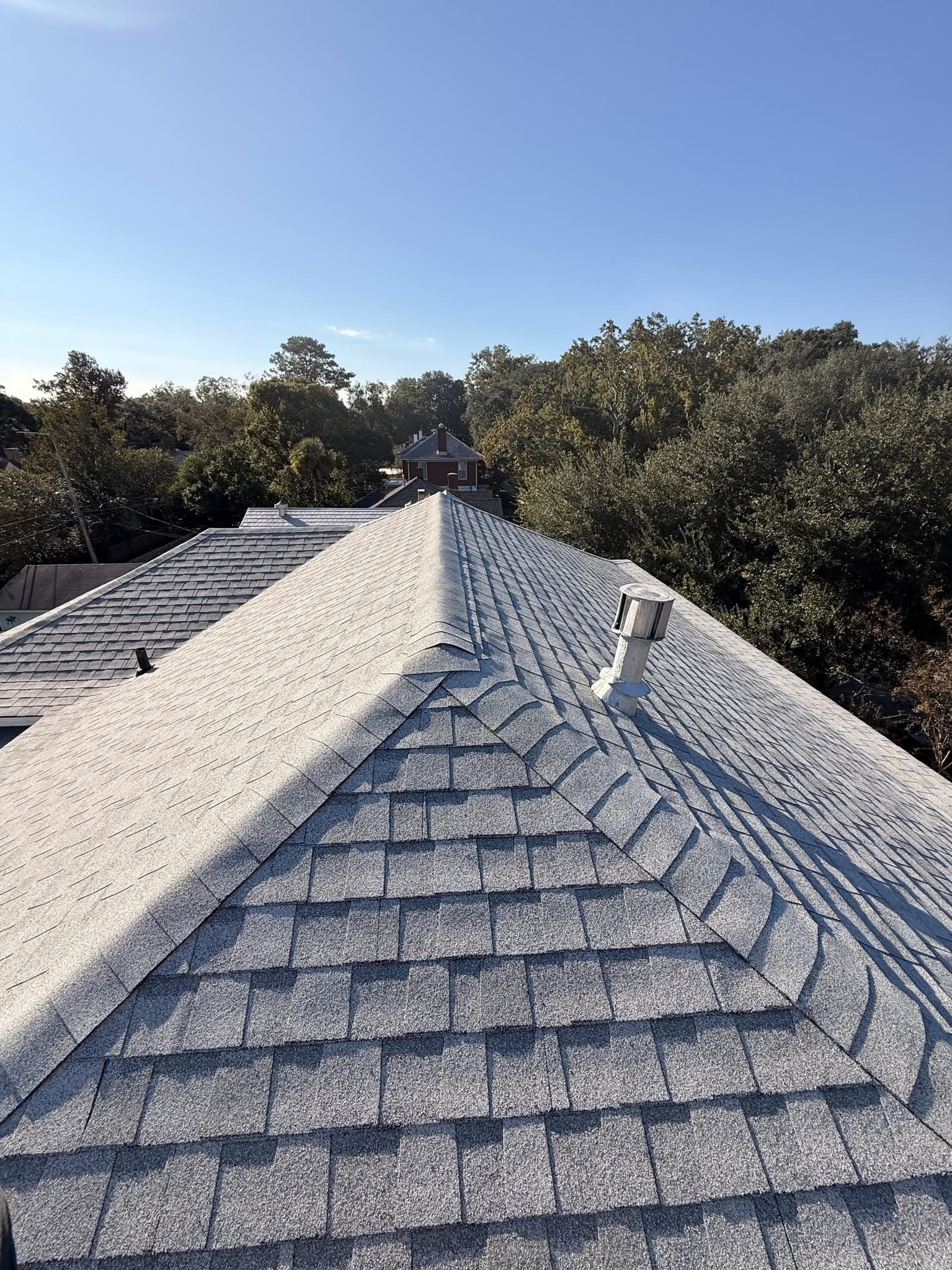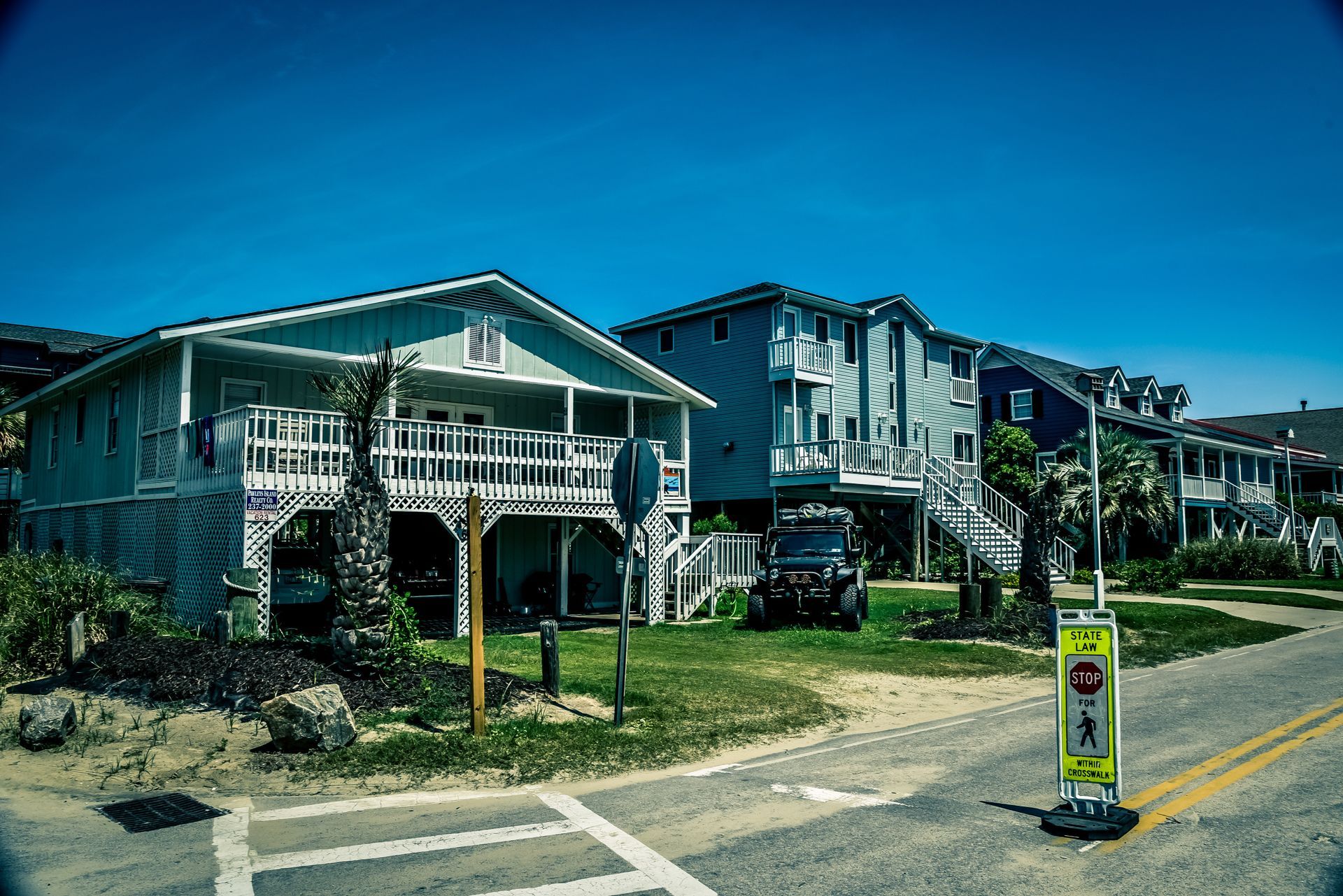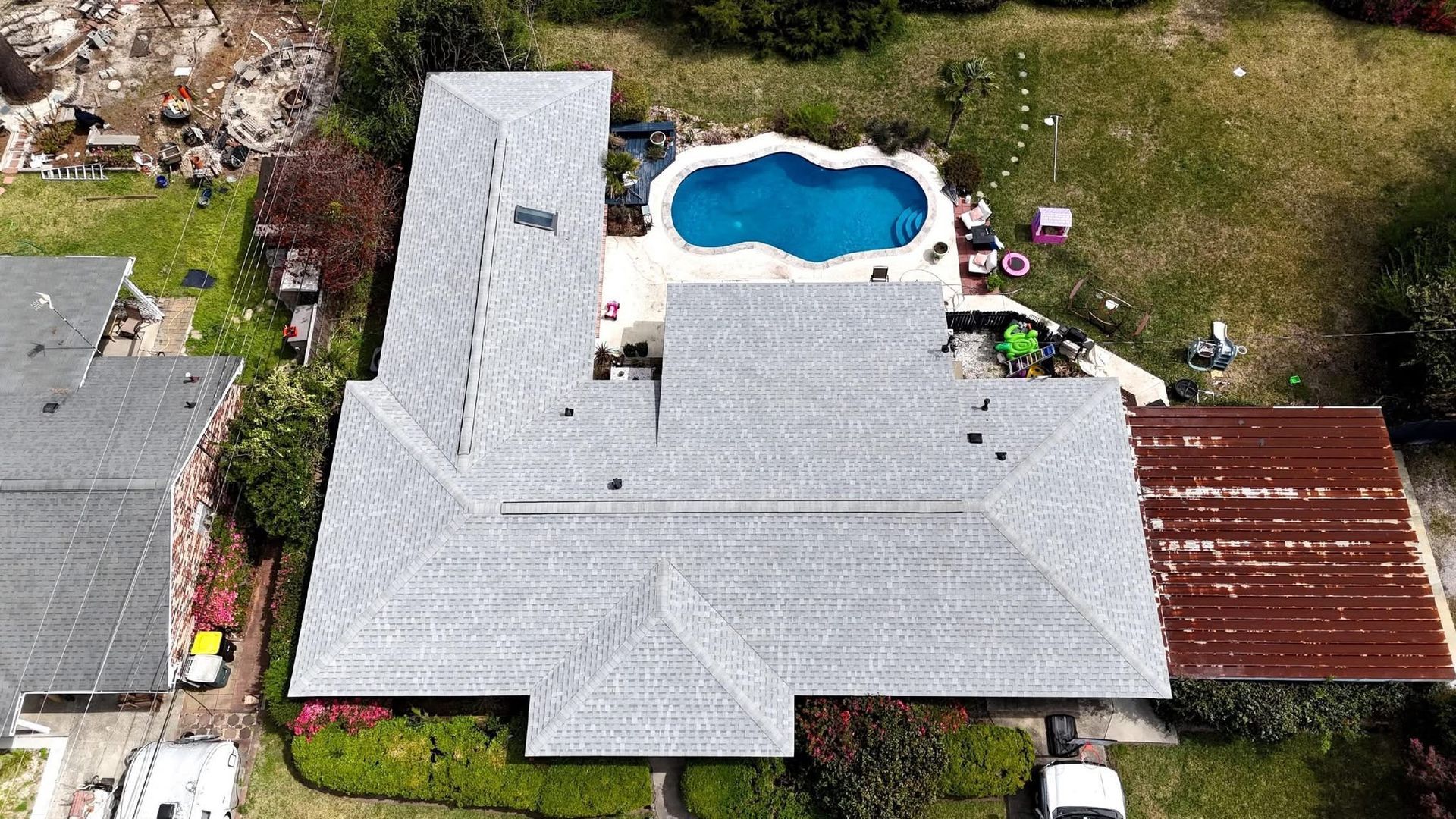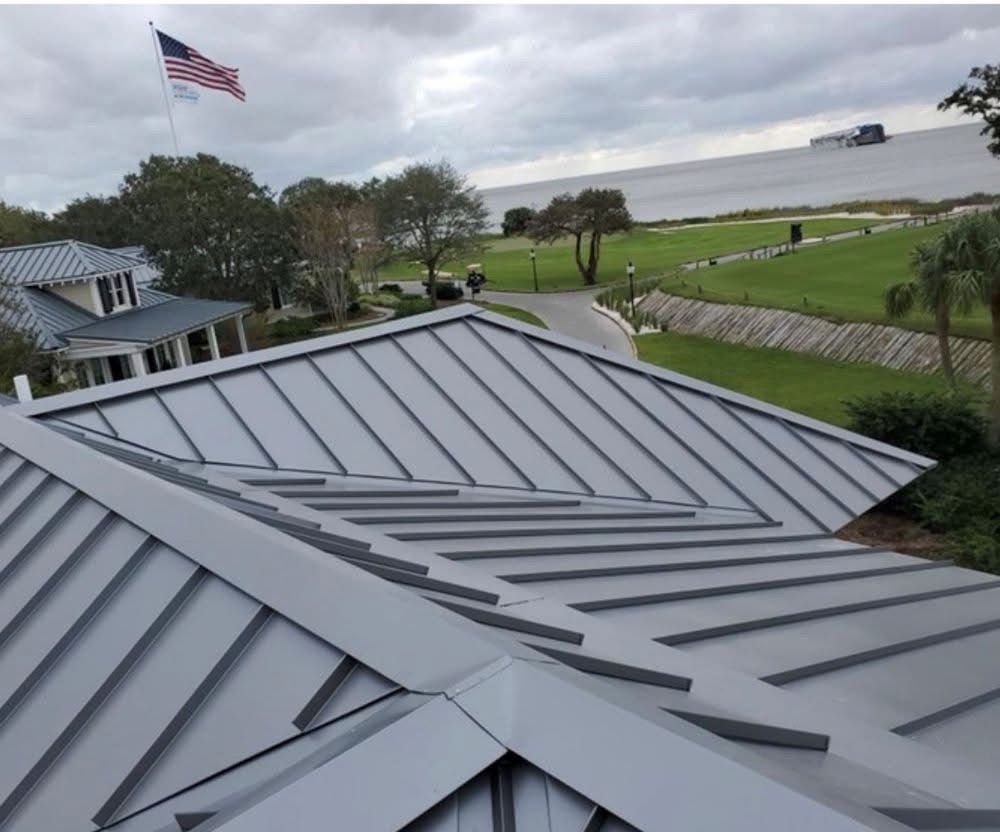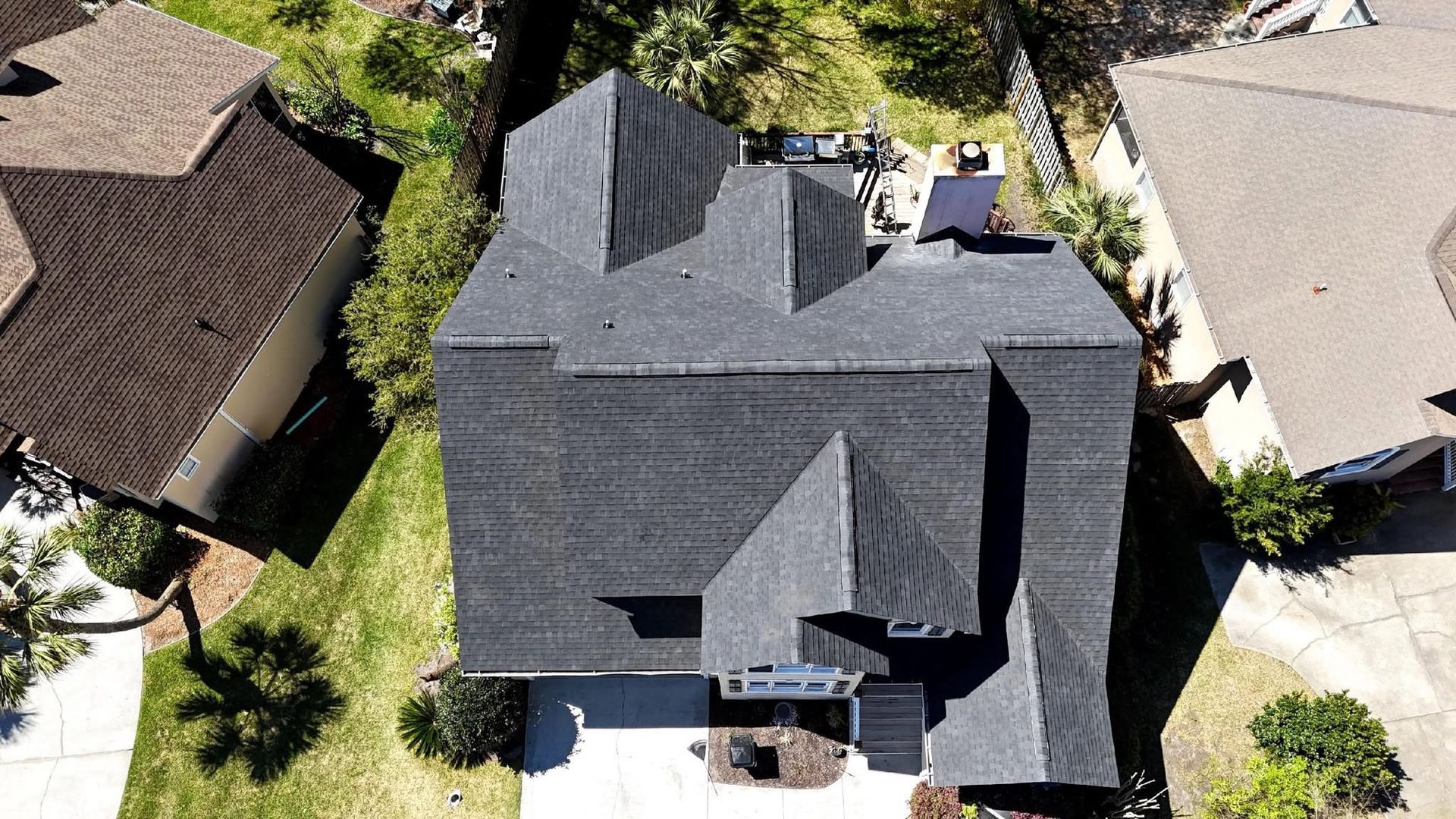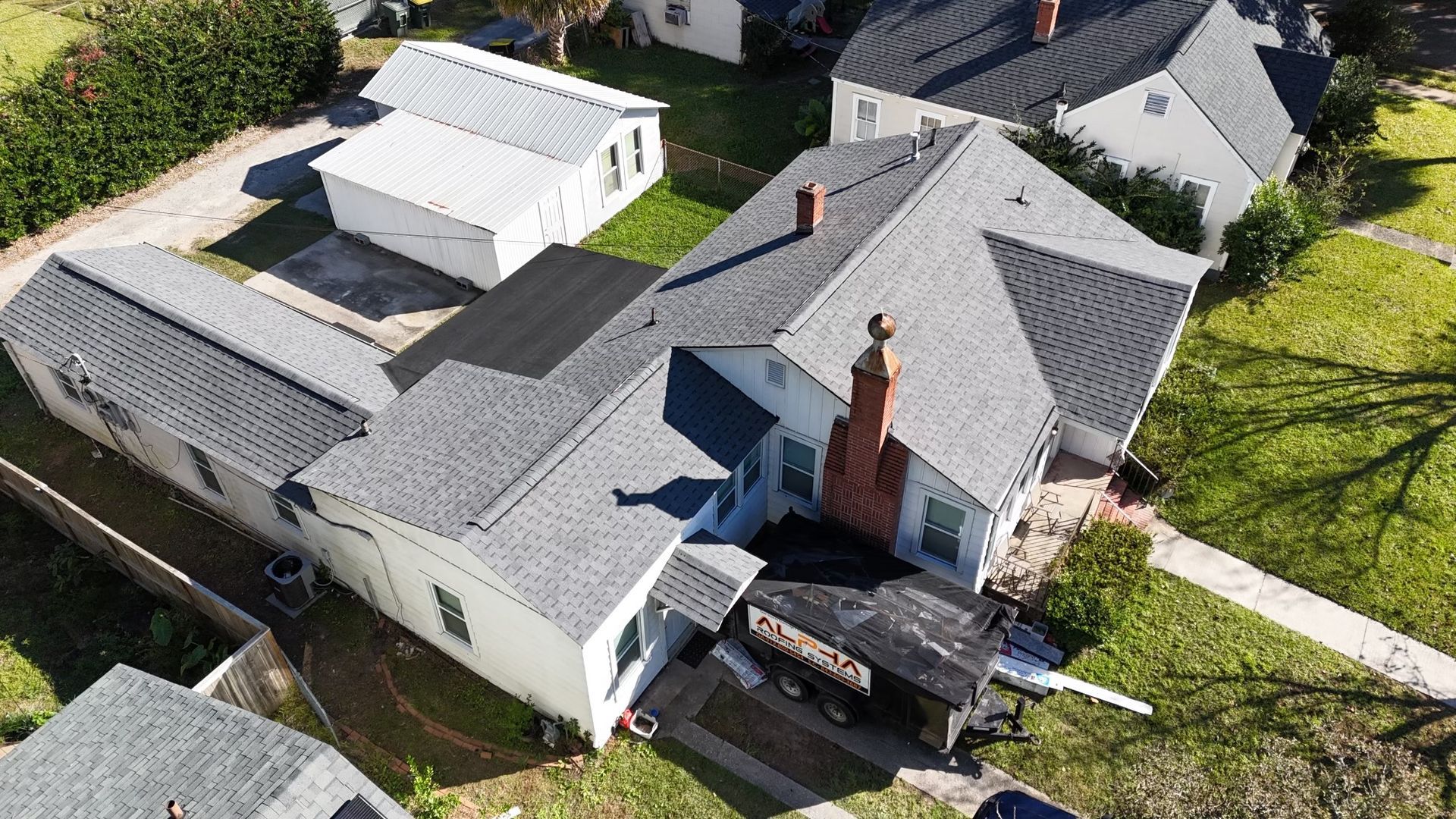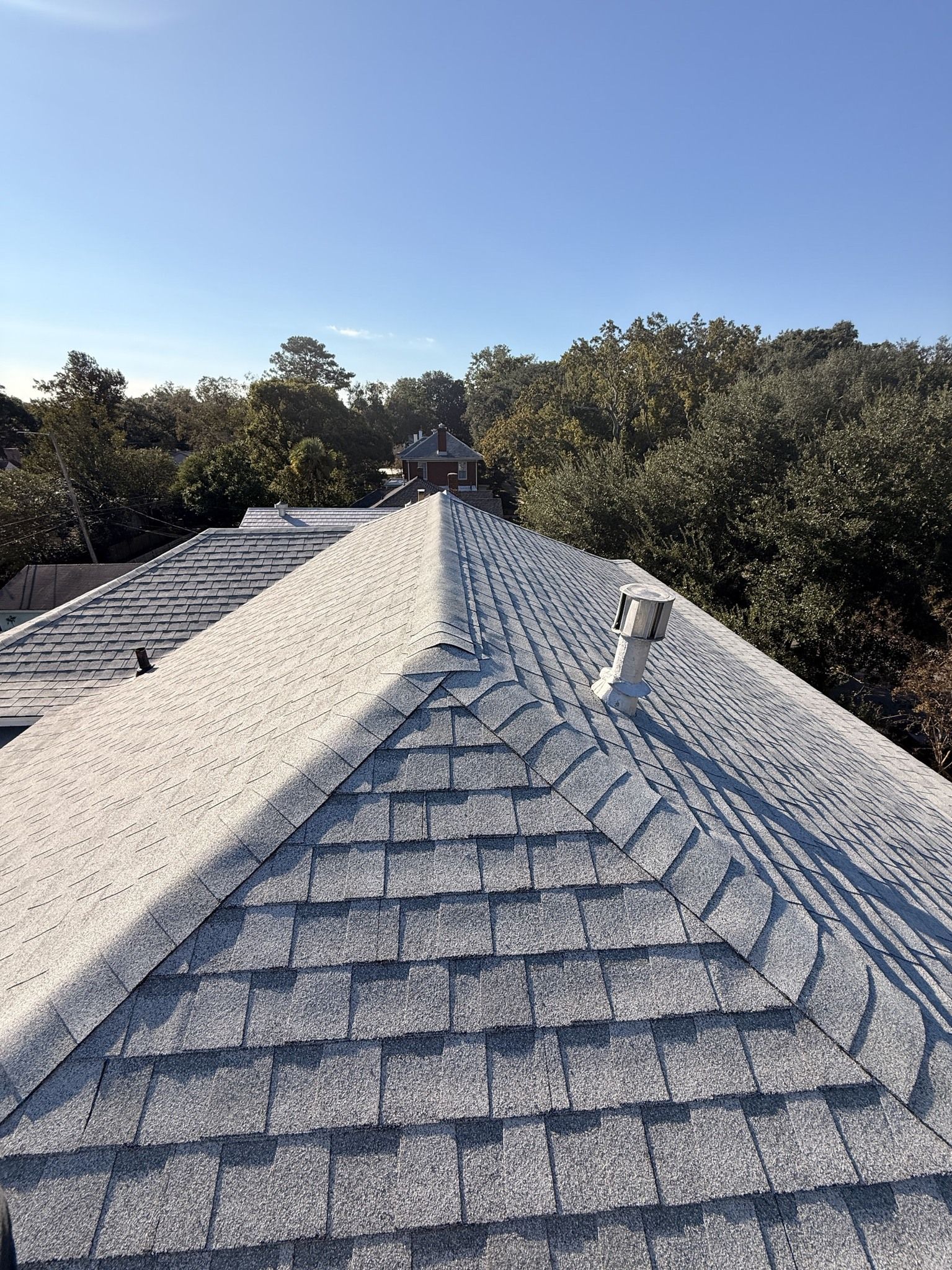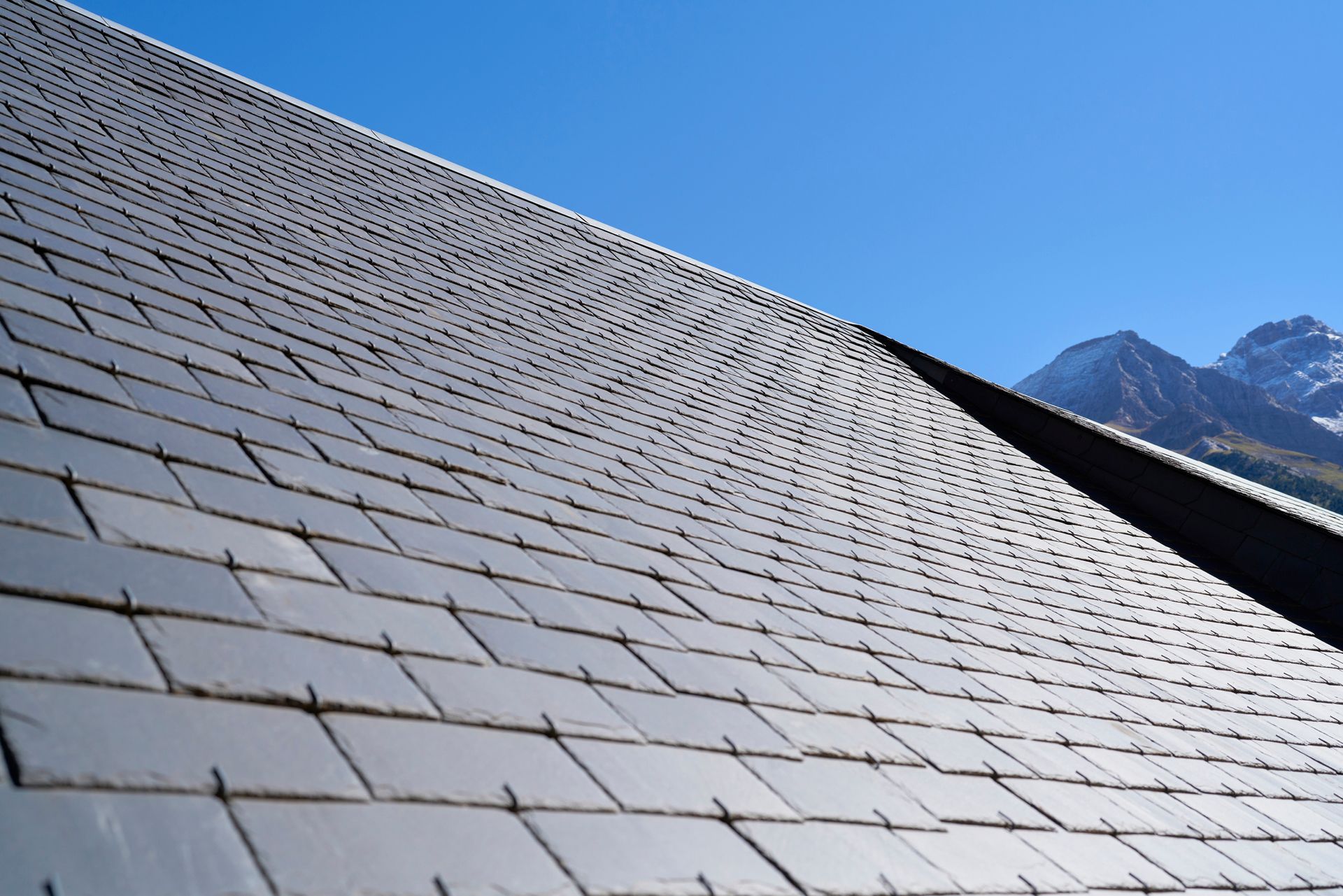Why Have Your Roofing Company Be Licensed, Bonded, And Insured
If you have recently experienced storm damage to your roof, hiring a roofing contractor is probably high on your list of things to do. While there are numerous things you need to know to determine which company to hire, one important question you want to ask is if they are licensed, bonded, or insured. These things will show if they are qualified to do the job and ensure your protection and theirs while they are on the job site.
What Type of License Does A Roofer Need?
You should only do business with a licensed roofing contractor. A license ensures that the contractor has met the requirements put forth by the state to do the type of work they are doing. In Georgia, there are various levels of licenses a contractor may carry. These include:
- Residential Basic Contractor
- Residential Light Contractor
- General Contractor
The requirements for a contractor's license vary from state to state. The main differences in the three of these licenses in Georgia are the project's size the contractor can bid on and the types of properties they can work on. A roofing contractor should at least have a general contractor's license to perform your roofing work.
In Georgia, you don't have to take the contractor's word that they are licensed. You can verify any contractor's professional license by going to https://verify.sos.ga.gov/verification/ and putting in the contractor's name and license number.
What Type Of Bond Does A Roofer Require?
To be licensed, a contractor is required to post a surety bond with the state. In Georgia, at minimum, a $25,000 bond must be purchased and maintained by all residential and general contractors, although contractors can choose to purchase higher bond amounts.
The bond the company is required to have protects you and any money you pay out. A bond is an extra level of insurance designed to pay you if there is a problem with the work. For example, the bonding company will pay you if something happens before the roofing company can complete your roofing job.
What Type of Insurance Should A Roofer Carry?
A quality roofing company will have general liability insurance and workman's comp insurance. Their insurance levels will vary from company to company, but they must carry at least the required minimums for the state where they are working.
In Georgia, a general contractor must carry a minimum of $500,000 in general liability insurance. The company is also required to carry workman's comp insurance if they have any employees.
General liability insurance covers expenses related to non-worker injuries and property damage. The policy will pay for:
- Medical bills
- Attorney fees
- Court-ordered judgments
- Settlements
The general liability policy will also cover any property damage while the contractor is on-site.
The workman's comp policy will pay for any employee-related injuries on the job site. This policy will cover the employee's medical bills, prescription expenses, and wage continuation while out of work. Depending on the contractor's coverage, the worker's comp policy may also cover the worker's mileage to and from medical appointments.
Even when your contractor is licensed, bonded, and insured, it is essential to have a contract in place. The contract should include:
- Work required
- Price
- Timeline
The contract should also release you from any liabilities while the roofing contractor is on-site performing the work. This release from liability could protect you from any potential legal issues arising while the contractor is on your property.
Alpha Roofing Services will gladly furnish proof showing we are licensed, bonded, and insured. We have been performing roofing services in the area for more than 20 years. Give us a call today so we can come out and provide the roofing services you need.



